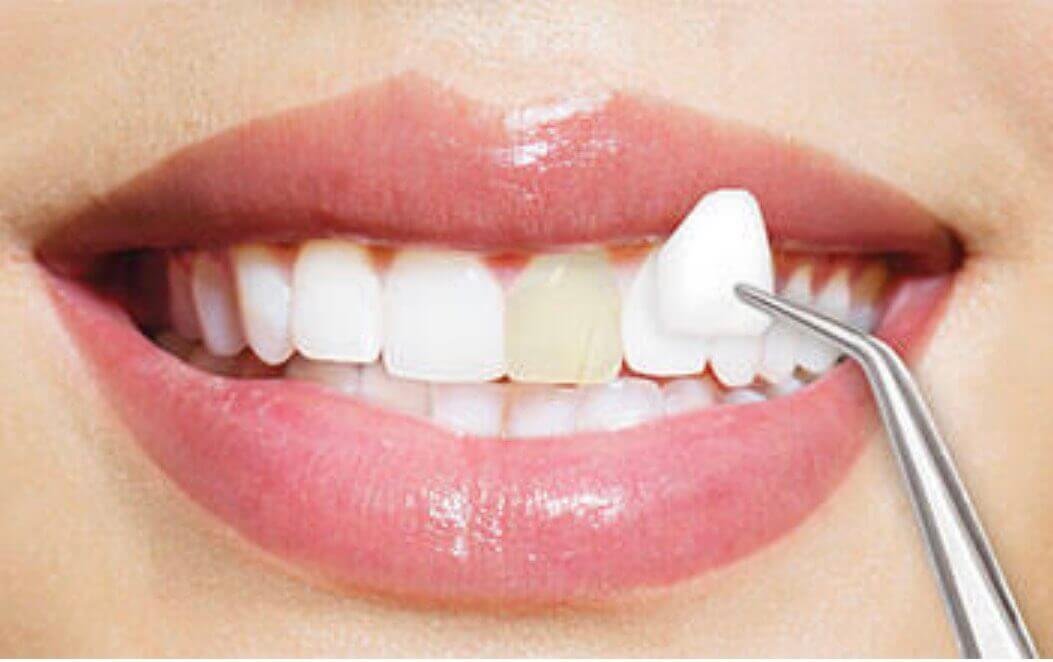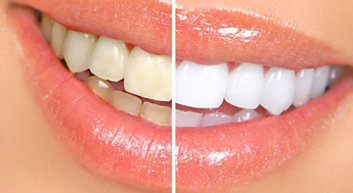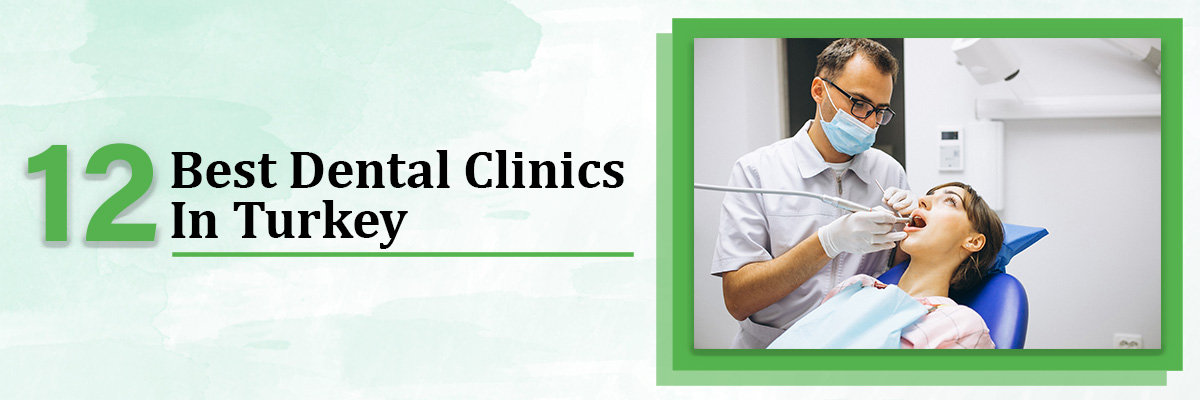Asked for Female | 22 Years
When is ideal to begin orthodontic treatment?
Patient's Query
What is the best age to start orthodontic treatment?
Answered by Dr. Parth Shah
The optimal age to begin orthodontic treatment is typically 7 to 9 years old. This is because at this time children have a combination of adult and baby teeth, making it easier to fix problems like crowding or an improper bite. Early intervention can prevent more severe issues as they get older. If your child has irregular teeth, difficulty biting or chewing food, or breathes through their mouth regularly, then seeing an orthodontist for assessment would be wise.

General Physician
Questions & Answers on "Dental Treatment" (333)
Related Blogs

11 Reasons to get Dental Veneers
If you are confused about whether or not you should go for a Veneers Dental Treatment, then here are the 10 reasons why you should opt for Dental Veneers Treatment.

What is Cosmetic dental treatment procedures in India?
Here is all the information you need to know about the Cosmetic Dental Treatment.

Best Medical Tourism Companies in India 2024 List
Experience world-class healthcare with India's top-rated medical tourism companies—your path to quality treatment starts here!

12 Best Dental Clinics in Turkey - Updated 2024
Discover excellence in dental care at clinics in Turkey. Experience skilled professionals, modern facilities, and affordable treatments for your oral health needs.

Veneers in Turkey- Compare Cost & Clinics
Enhance your smile with veneers in Turkey. Discover expert cosmetic dentistry, affordable options, and stunning results for a confident new you.
Cost Of Related Treatments In Country
Rct Root Canal Treatment Cost in India
Teeth Whitening Cost in India
Jaw Orthopedics Cost in India
Dental Braces Fixing Cost in India
Dental X Ray Cost in India
Wisdom Tooth Extraction Cost in India
Dental Fillings Cost in India
Dental Crowns Cost in India
Dental Implant Fixing Cost in India
Dentures Crowns And Bridges Cost in India
Top Different Category Hospitals In Country
Orthopedic Hospitals in India
Heart Hospitals in India
Prostate Cancer Treatment Hospitals in India
Kidney Transplant Hospitals in India
Cosmetic And Plastic Surgery Hospitals in India
Dermatology Hospitals in India
Endocrinology Hospitals in India
Gastroenterology Hospitals in India
General Surgery Hospitals in India
Gynaecology Hospitals in India
Top Doctors In Country By Specialty
Top Dental Treatment Hospitals in Other Cities
Dental Treatment Hospitals in Chandigarh
Dental Treatment Hospitals in Delhi
Dental Treatment Hospitals in Ahmedabad
Dental Treatment Hospitals in Mysuru
Dental Treatment Hospitals in Bhopal
Dental Treatment Hospitals in Mumbai
Dental Treatment Hospitals in Pune
Dental Treatment Hospitals in Jaipur
Dental Treatment Hospitals in Chennai
Dental Treatment Hospitals in Hyderabad
Dental Treatment Hospitals in Ghaziabad
Dental Treatment Hospitals in Kanpur
Dental Treatment Hospitals in Lucknow
Dental Treatment Hospitals in Kolkata
- Home >
- Questions >
- What is the best age to start orthodontic treatment?